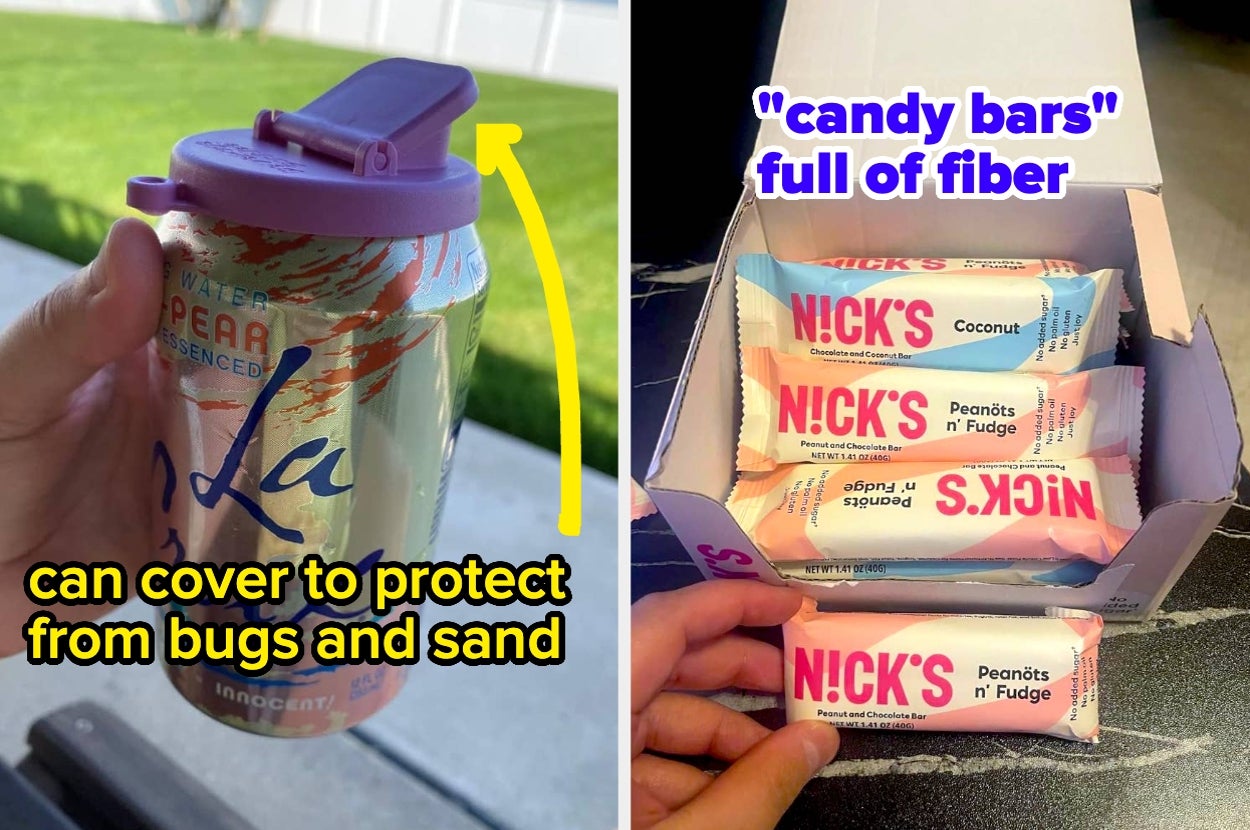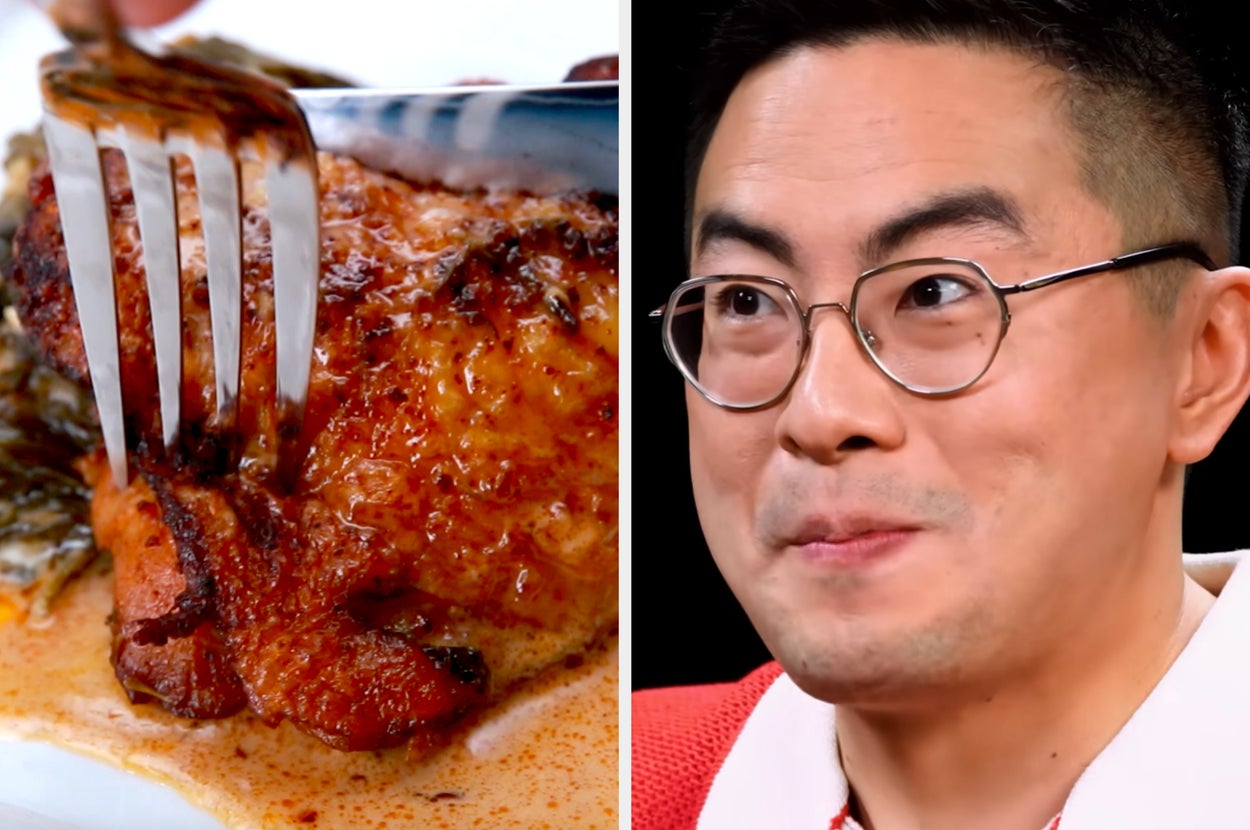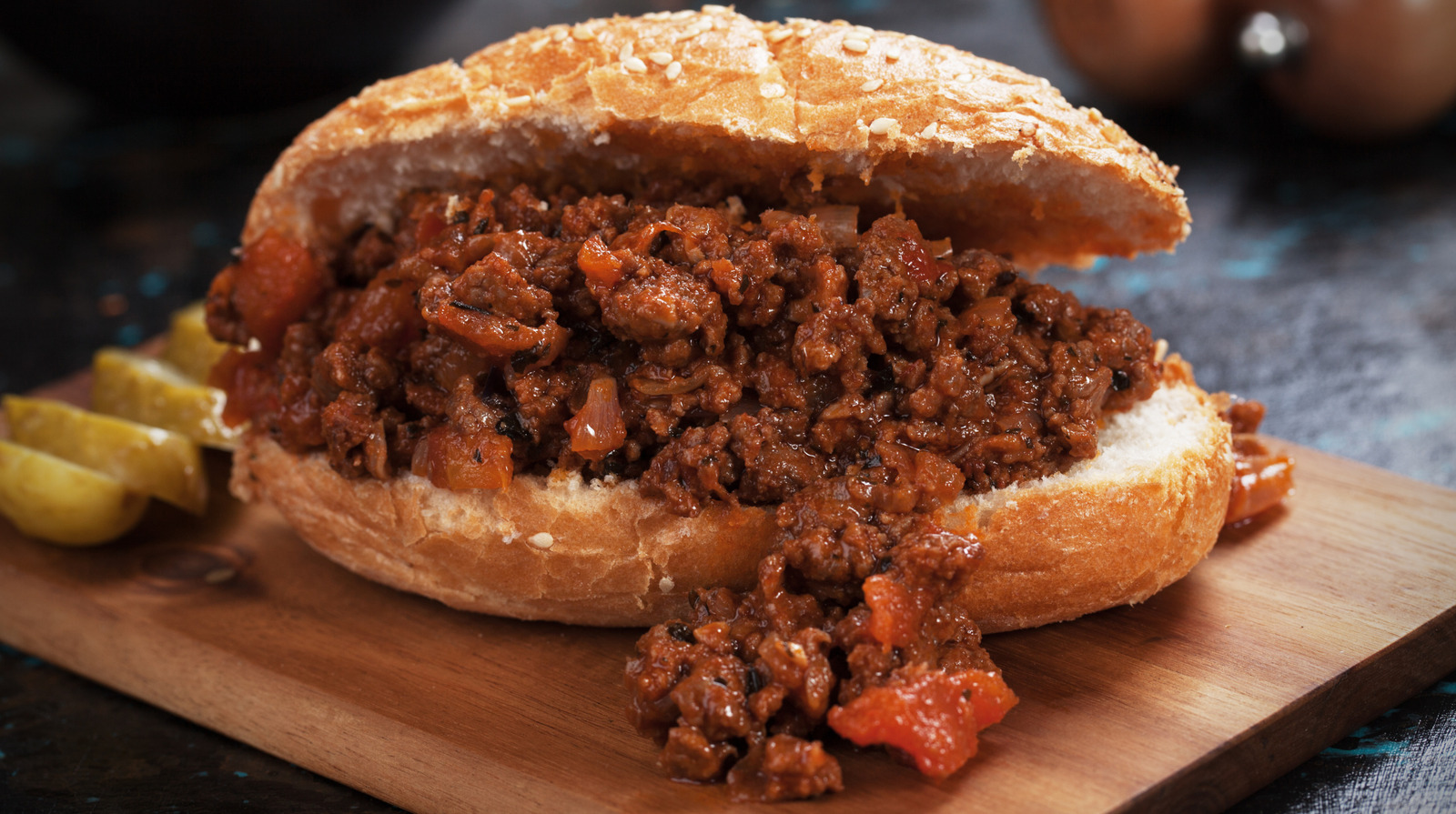Have you ever experienced food poisoning when none of your dining mates got sick from the same meal? It’ll make you question whether you really have food poisoning at all. But as it turns out, it’s entirely possible that several people can eat the same food and only one person can contract food poisoning. “People always come into the emergency room stating, ‘I know I don’t have food poisoning because I’m the only one who got sick,’” said board-certified emergency physician Dr.
Justin Mazur . “Patient education here is critical, as it is more common that not everyone gets sick from your garden variety food poisoning.” If you’re not familiar with what food poisoning is, it refers to a plethora of gastrointestinal symptoms, including nausea, vomiting, diarrhea and fever.

“The symptoms are generally attributed to food that is contaminated with a virus, bacteria or, less commonly, a parasite,” Mazur said. Being the only person to suffer a bout of food poisoning after a meal is a tough draw. But unfortunately, it’s a common occurrence, and there’s a reason some people may go unscathed by a little undercooked meat or an unwashed vegetable.
Ahead, doctors explained why some people get food poisoning and others don’t, despite eating the same exact thing. Why do some people get food poisoning and others don’t after eating the same thing? To put it simply, your body may not be able to fight off food poisoning. Every single person is completely different in a multitude of ways, including their immune system and gut microbiome , the home of trillions of microorganisms that can influence your digestive system and overall health.
When it comes to food poisoning, it completely disrupts your gut microbiome, which is why you feel so sick. If you and your friend eat the same undercooked hamburger and you have an unhealthy microbiome while they have a healthier one, you may experience a bit of an upset stomach afterward. “A person with an inadequate microbiome will experience food poisoning more often,” Mazur said.
If you fuel your body with healthy foods, your microbiome will thrive. If you don’t, your gut microbiome may not be able to fight off bacteria from the undercooked or raw food that gave you food poisoning. Mazur said the characteristics of an inadequate microbiome are a lack of beneficial bacteria and microbial diversity, as well as high concentrations of pathogenic bacteria, which is a significant risk factor for frequent bouts of food poisoning.
He also noted two other things that can affect whether someone gets sick or not: if they ate enough of the food to become infected, and what else they ate or drank that day. “If you started the day drinking alcohol heavily, you’ve already damaged your healthy microbiome for the day, making you more susceptible on that specific day,” Mazur said. Your diet plays a part in how healthy your gut microbiome is.
.
Food

So THAT'S Why Some People Get Food Poisoning And Others Don't

Yes, even when you have the exact same meal.View Entire Post ›















